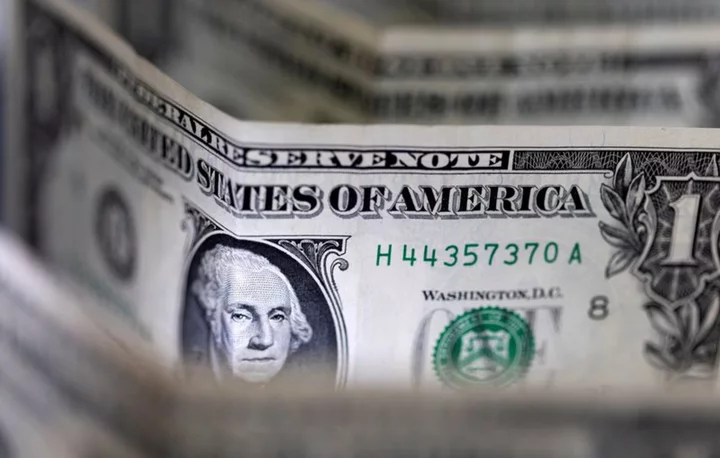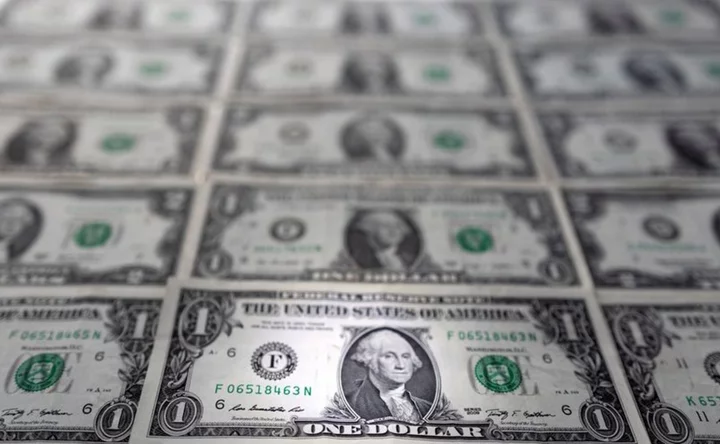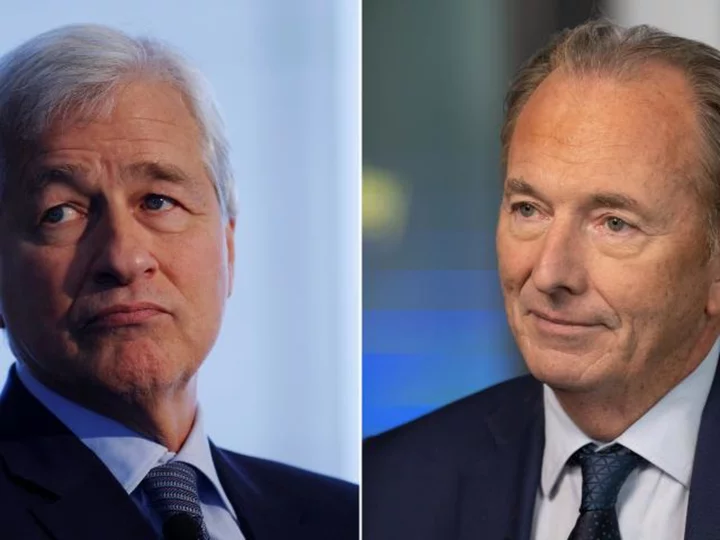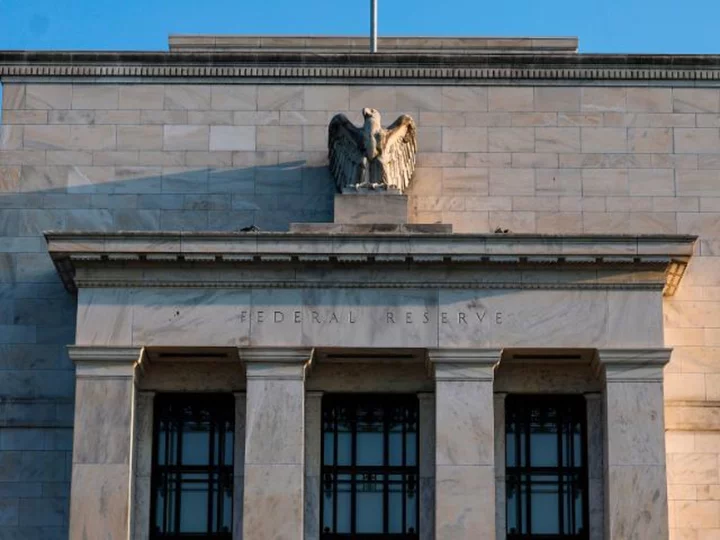By Jamie McGeever
ORLANDO, Florida There's a large swathe of the investment community convinced that 2023 will be a solid year for U.S. Treasuries as falling inflation and likely recession prompt the Fed to cut interest rates, but hedge funds are not part of it.
Not one bit.
The latest Commodity Futures Trading Commission (CFTC) data show that speculators have built up record short positions in two- and five-year Treasuries futures, and a record net short aggregate position when 10-year bonds are added to the mix.
The CFTC data also show that funds in the week to May 9 flipped their 2-year/10-year yield curve trade to a 'bear flattener' from a 'bear steepener', driven by the heaviest selling of two-year Treasuries futures in more than two years.
A short position is essentially a wager that an asset'sprice will fall, and a long position is a bet it will rise. Inbonds, yields rise when prices fall, and move lower when prices increase.
Hedge funds take positions in bonds futures for hedging purposes and relative value trades, so the CFTC data is not always a reflection of purely directional bets. But it is often a pretty good guide.
The latest CFTC data show that in the week through May 9 speculative accounts grew their net short position in two-year Treasuries by 116,409 contracts - the biggest increase in over two years - to a new record 749,885 contracts.
Funds also increased their net short position in five-year bonds for a third straight week by a slender 412 contracts, to a fresh record 910,642, while they trimmed their net short position in the 10-year space slightly to 731,698 contracts.
GRAPHIC:
CFTC funds' 2-year Treasuries position https://fingfx.thomsonreuters.com/gfx/mkt/znvnborrbvl/CFTC2Y.png
CFTC funds' 5-year Treasuries position https://fingfx.thomsonreuters.com/gfx/mkt/zgvobeggnpd/CFTC5Y.png
CFTC funds' 10-year Treasuries position https://fingfx.thomsonreuters.com/gfx/mkt/klvygowwovg/CFTC10Y.png
Taken together, speculators' are net short of two-, five- and 10-year Treasuries futures to the tune of 2.39 million contracts, comfortably the largest short position since these contracts were launched in the late 1980s and early 1990s.
Funds were ultra-bearish the five-year and 10-year bonds in late 2018, but nowhere near as bearish on two-year Treasuries.
These numbers run counter to several market positioning and sentiment indicators, such as the monthly surveys from Bank of America.
BofA private clients are holding their lowest exposure to equities since September 2020 and their highest bond allocation since October 2020, while the bank's global fund manager survey for April showed investors were most overweight bonds relative to stocks since March 2009.
Current rates market pricing suggests the Fed is done raising rates, and will cut them by around 75 basis points in the second half of the year. So perhaps speculators' stampede to sell two-year futures last week was more a yield curve play than a directional bet.
GRAPHIC: US 2s/10s yield curve https://fingfx.thomsonreuters.com/gfx/mkt/zjvqjgbbzpx/UScurve.jpg
For much of the last couple of months since the U.S. regional banking shock, funds had bet heavily the yield curve steepening - the 10-year yield rising more than the two-year yield. But it has mostly been a losing trade.
The last two weeks of CFTC data show that funds have started to reverse course and position for a 'bear flattening' curve, where the two-year yield rises faster than the 10-year yield.
The 2s/10s curve is inverted by around 50 basis points, around half what it was before the March banking shock removed a considerable amount of Fed tightening from the curve.
(The opinions expressed here are those of the author, a columnist for Reuters.)
(Reporting by Jamie McGeever; editing by Christian Schmollinger)









